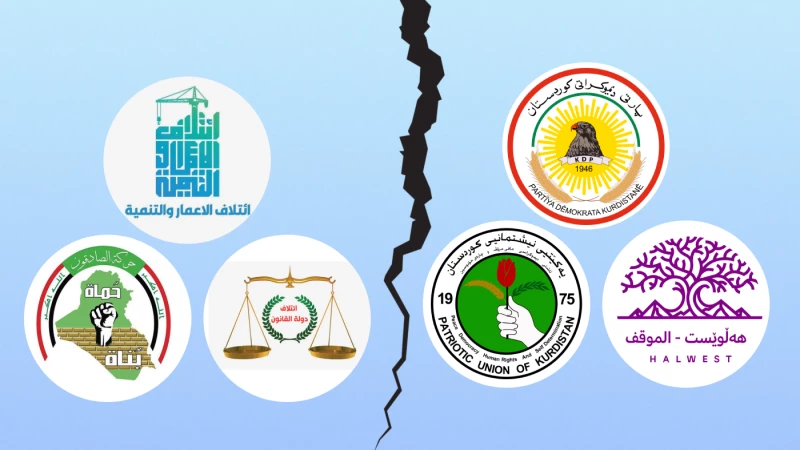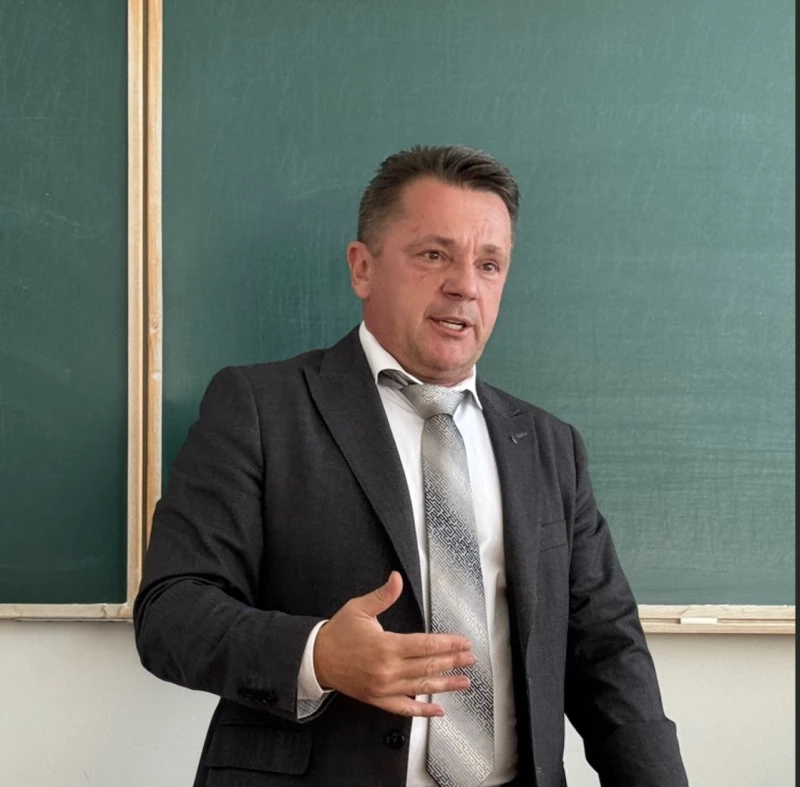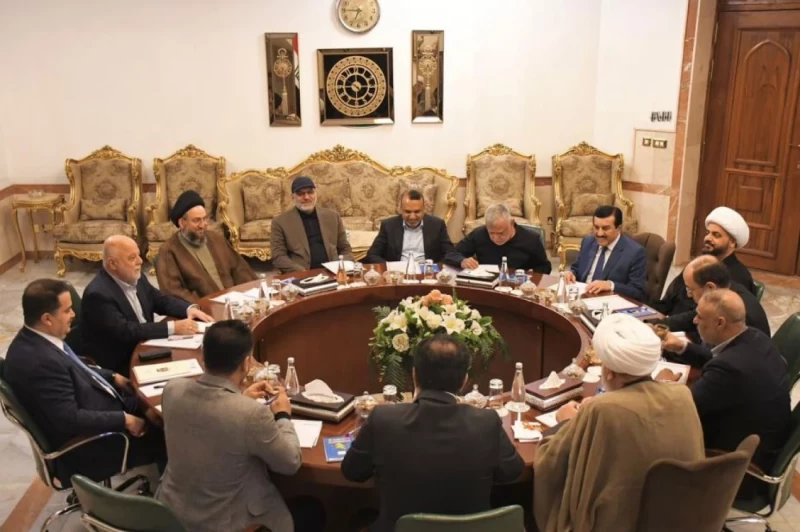The results emerging from the December 18 provincial council elections show that the Iran-linked Coordination Framework (CF) has extended its power across multiple parts of Iraq, though in an uneven manner.
The rising of this alliance, which is the closest to Iran, to power in local governments in places other than its traditional areas in central and southern Iraq highlights the results of a boycott by Iraqi popular Shia cleric Muqtada al-Sadr, whose followers will thus no longer have a single position in local governments.
All the governors of these areas will also consequently be close to the CF, as these are chosen by the provincial councils, as will others in decision-making positions within the local administrations.
Thus, Sadr has effectively been sidelined in these areas at the official level.
Sunni-majority and disputed areas
The CF’s rise in Sunni Regions will have major repercussions that will become clearer at a later stage, including:
1. Limiting the role of the Kurdistan Democratic Party (KDP) in Nineveh and Kirkuk.
Following the KDP’s losses in Kirkuk, the CF will take over the local administrations in the disputed territories in addition to taking control of financial issues of large import that had previously been managed by the party through the offices they held.
The KDP’s seats have also shrunk in Iraq’s northwestern province of Nineveh. According to preliminary results, the party only got four seats out of 29 – though this number may increase to five in the final results. In any case, this means that the party has slid to either the third or fourth largest in the Nineveh provincial council after having previously enjoyed a sizeable bloc that was able to have a decisive say in appointing the provincial governor and hold the presidency of the provincial council as well as that of other key departments. It will now have a major challenge in the form of the CF.
2. Reaching the pinnacle of political development, as the CF has invested heavily in gaining tribal and popular influence and uses the resources of the Popular Mobilization Forces (PMF) and others for political interests and especially for these elections. This rise to power does not reflect the true will of the people. However, the results need to be dealt with as the de facto status quo.
3. More control over a wider variety of issues in Iraq, in some cases alongside other partners. The power that the CF has shown in gaining dominance in Sunni-majority regions indicates that they have great desire to control all major sectors in Iraq, making others their partners but limiting these partners’ power.
As over 50 percent of the Sunni regions’ decisions have fallen into the hands of Shia-dominated parties, talks to form the provincial governments will fall into the hands of PMF chief Falih al-Fayadh.
Breakdown in expected number of seats for CF and others
In Nineveh, the CF is expected to get seven seats through the following parties:
1- National Identity led by Rayan al-Kildani, two.
2- The National Contract alliance led by Falih al-Fayadh, three.
3- National al-Hadbaa Alliance led by Nouri al-Maliki, two.
Parties close to the CF or in alliance with them:
1- The People of Nineveh Alliance led by Bafel Talabani, two.
2- Al-Azm Alliance led by Muthanna al-Samarrai, one.
3- Al-Hasim Alliance led by Thabet al-Abbasi, two.
Among the other parties competing for a place at the decision-making table in the province:
- Ninevah for its People led by former Nineveh Governor Najm al-Jubouri, five.
- KDP, four.
- Taqaddum led by former parliamentary speaker Mohammed al-Halbousi, two.
- Siyada (Sovereignty) Alliance led by Khamis al-Khanjar, two.
- Tajdid led by MP Falih al-Zaydan, one.
The CF’s lead in the Diyala province meanwhile is through the PMF-affiliated Diyala is Our Identity Alliance, which preliminary results put in first place. The Diyala Entitlement Alliance led by parliament member Ahmed al-Musawi from the Iran-affiliated political and armed movement Asaib Ahl al-Haq bloc instead is expected to have come in fifth place.
Reasons for such a strong showing
Some of the main reasons why the CF emerged victorious in Sunni areas are the following:
1. Using the Shia-led PMF as well as the tribal Sunni PMF through threatening their personnel with expulsion and/or cutting their salaries, pensions, and benefits if their lists did not receive enough support.
2. Use of state finances and authorities in Sunni-majority provinces to influence the electoral commission and the campaigning process.
3. Direct dependence on weaponry and threats of violence in certain Sunni areas, as residents of some areas including the Baghdad belt, Diyala, Nineveh, Kirkuk, and Salahaddin were de facto forced to vote for PMF-affiliated parties due to the forces’ control in their areas.
4. Using state funds and threatening institutions directly.
5. Leveraging the electoral commission in their favor. The commission provided them with facilities including issuing badges to thousands of their party members as observers, whereas the other candidates did not get such privileges. It also provided the CF with data not available to other parties on the population density in certain areas.
What does Iran want from Iraq?
Iran no longer believes in the idea of Iraq becoming a Shia state with a single sect.
This idea became outdated after Iran gained popularity through its local allies who carry weapons while also working in politics.
While it is not unusual to talk about the rise of Iran’s allies in central and southern Iraq, or even Iran holding power through a pro-Iranian prime minister, the rise of Sunni forces loyal to Iran in Sunni-dominant provinces such as Nineveh, Salahaddin, and Kirkuk is what is striking.
It seems clear that Iran is now focusing on economic Shiism rather than promoting the sect through sectarian or political means.
Iran no longer pays as much attention to what the general doctrine of Iraq is at the tactical level; it is instead mainly focused on how it can achieve further economic gain not only from Shia areas but also by expanding into Sunni areas through spreading political influence.
Shia sectarian provocation of Sunnis in Sunni areas has become less common, as sectarian provocation will draw attention to the financial plundering carried out in those areas.
Through economic control over Sunni areas, Iran aspires to add these areas to its sphere of influence in Iraq after they fell out of their control prior to 2014. After 2017, Iran gained proxy military control. In 2021, it gained political control. This time, it has gained economic control through controlling the provincial councils, which are major platforms for investment and work.
How will Sadrists deal with these challenges?
The Sadrist movement is going through a form of political freeze following the confrontation that took place in the Green Zone in August 2022. This has led the movement losing its political holdings while retaining popularity and significant influence at the social level.
We believe that the Sadrist movement will allow the CF to gain all political power and then begin to protest against the political process and attempt to dismantle it through direct opposition, whether through protests or through direct popular opposition by exposing corruption cases and the cases of fraud committed CF forces in local and national administrative offices.
There is always the possibility of confrontation led by CF’s armed allies as well. In either case, CF's reactions and behavior remain unpredictable.
** The views, thoughts, and opinions expressed are of the author and do not represent those of The New Region.

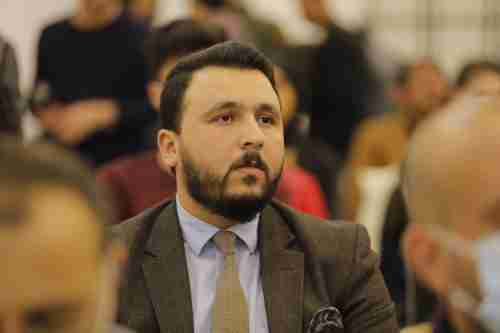
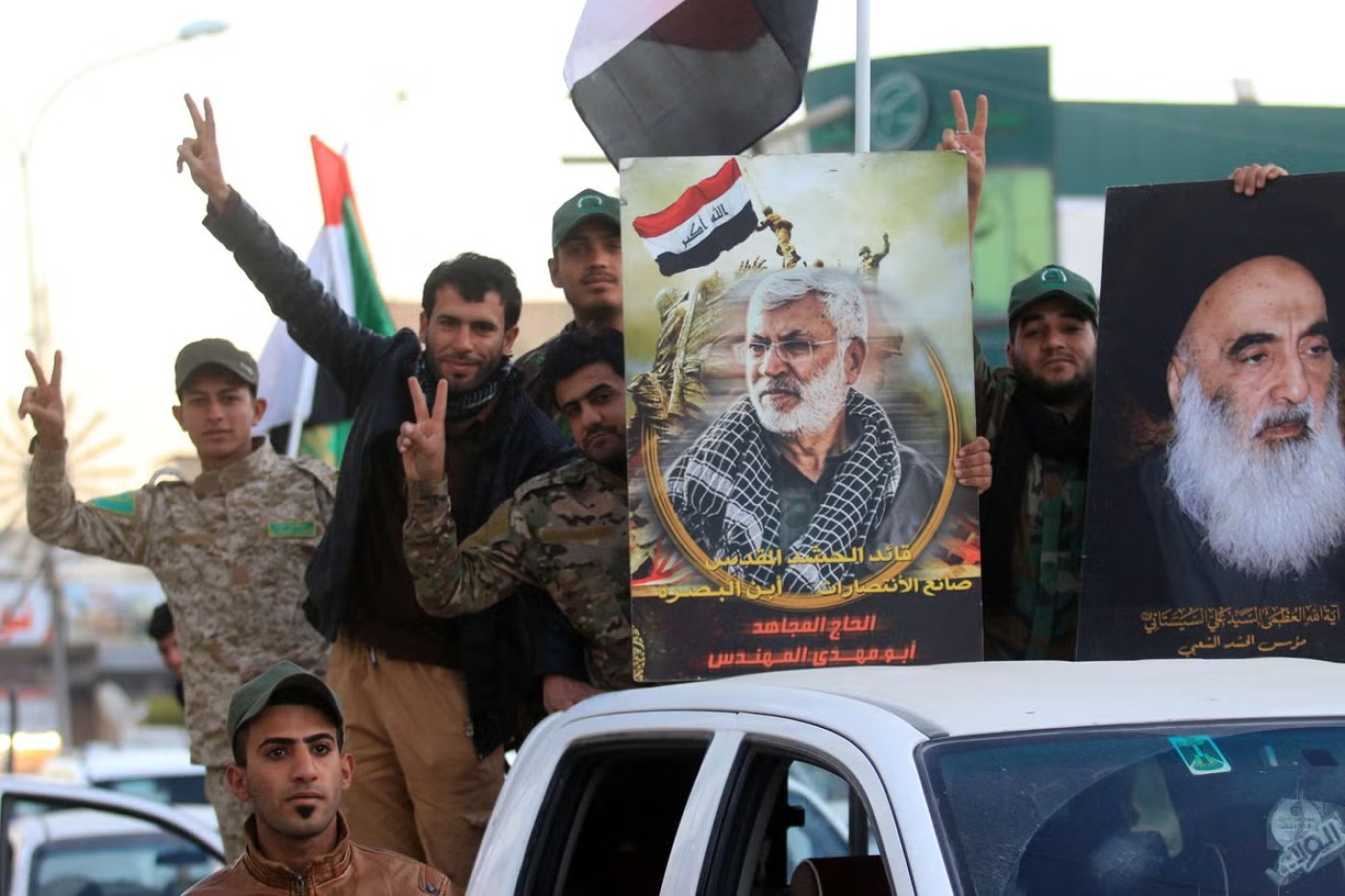
 Facebook
Facebook
 LinkedIn
LinkedIn
 Telegram
Telegram
 X
X
